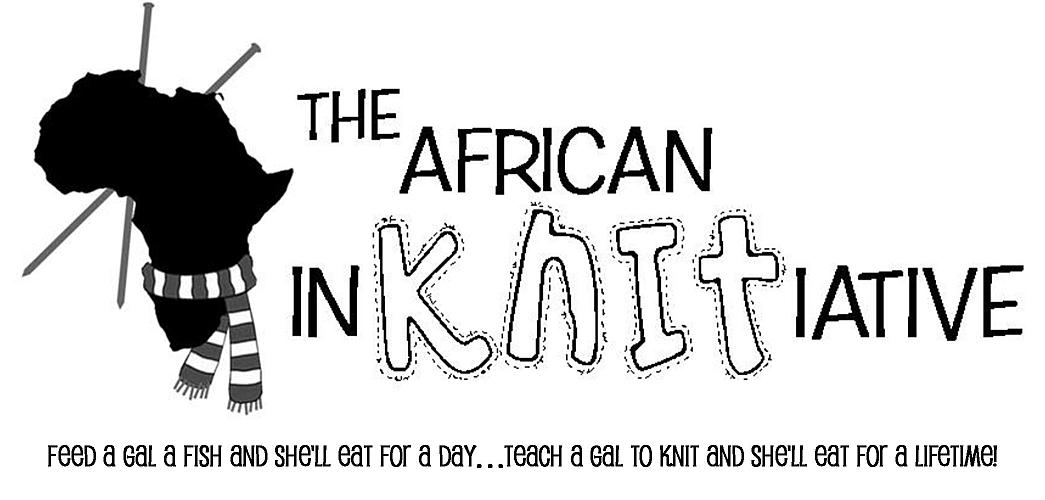For years, the LRA's principal means of recruitment was the abduction of children. An estimated 25,00 to 30,000 children were abducted over the years of conflict, the boys forced to serve as combatants, the girls as wives or sex slaves. Hundreds of villages were destroyed and tens of thousands of unarmed civilians killed, raped or assaulted.
In the mid-1990s, President Museveni insisted that the people of northern Uganda leave their homesteads and settle in crowded internally displaced persons (IDP) camps on the grounds that the displacement was militarily necessary to combat the LRA and to help distinguish civilians from the rebels. More than 1.6 million people (over 80% of the population of the north) were displaced, their new lives distinguished by deprivation and dependency on international relief organizations, and by a lack of international awareness of their situation. At the end of 2003, Jan Egeland, the United Nations undersecretary-general for humanitarian affairs stated, "I cannot find any other part of the world that is having an emergency on the scale of Uganda that is getting so little international attention."
Conditions in the camps led to acute malnutrition in children as well as the destruction of social networks, culture and norms. It is estimated that over 300,000 children under the age of five suffered from malaria, pneumonia, diarrhea and preventable diseases. Many women and girls were forced to trade sex for basic necessities, contributing to the spread of HIV/AIDS and other sexually transmitted diseases.
After four years of a cease fire, people are at last returning to homesteads and villages. Although there is still no peace treaty, there is at least a growing sense of stability as the days and months go by without an attack or abduction. Joseph Kony.and his henchmen are hold up in eastern Congo and, tragically, the stories that come out of the area are grim. But in northern Uganda most people are "cautiously optimistic", even without a formal peace agreement, and talk has begun in earnest about rebuilding the north and reclaiming its future.
